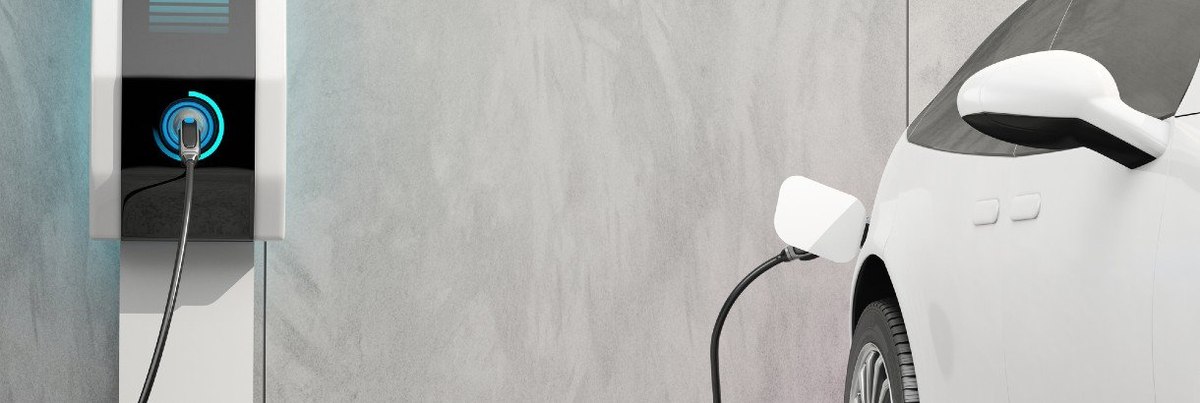Early in August, the Biden administration stated its target of having electric vehicles, hydrogen fuel cell and hybrid plug-in vehicles, make up 50% of new car sales in the US by 2030.
While the government’s ambitions to cut back on emissions through its EV push are crystal clear, will consumers be ready to respond with the same enthusiasm? Data from YouGov Profiles shows that Americans are slowly gearing up for the transformation.
More than a quarter (27%) of American adults say they will consider buying hybrid vehicles in the future, while 22% have electric vehicles on their radar. Interest in purchasing hydrogen-powered vehicles is expressed by about one in 18 adults (6%). On the other hand, about 4 in 10 consumers are considering petrol-powered vehicles (41%).
Unsurprisingly, petrol vehicles command the greatest share of the automotive market at present. Seven in ten consumers say they currently own, either individually or jointly, a petrol-fuelled vehicle (73%), while just 4% say they own EVs.
While the outlook for EV adoption in the future is promising, car brands and policy makers stand to benefit from knowledge of the potential barriers that could keep the high consideration levels from translating into sales figures.
About 1 in 6 Americans report the higher initial cost of EVs as a deterrent (17%). But, it is inconveniences associated with the process of charging vehicles that appear to collectively form the biggest hurdle.
Concerns around charging range from the perceived lack of sufficient charging stations to the costs attached to charging at home to low mileage per charge.
The EV and plug-in Hybrid vehicle market share in the US, while still relatively small, has grown steadily over the past few years. If the government and car manufacturers find solutions to the common issues around adopting primarily electricity-powered vehicles, chances are they might match and even exceed the 2030 targets.
Methodology: YouGov Profiles is based on continuously collected data and rolling surveys, rather than from a single limited questionnaire. Profiles data referenced is based on a sample size of 13,400 to 24,797 people. Online interviews were conducted between September 2020 – September 2021. Profiles data is nationally representative and weighted by age, gender, education, region, and race. Learn more about YouGov Profiles.









